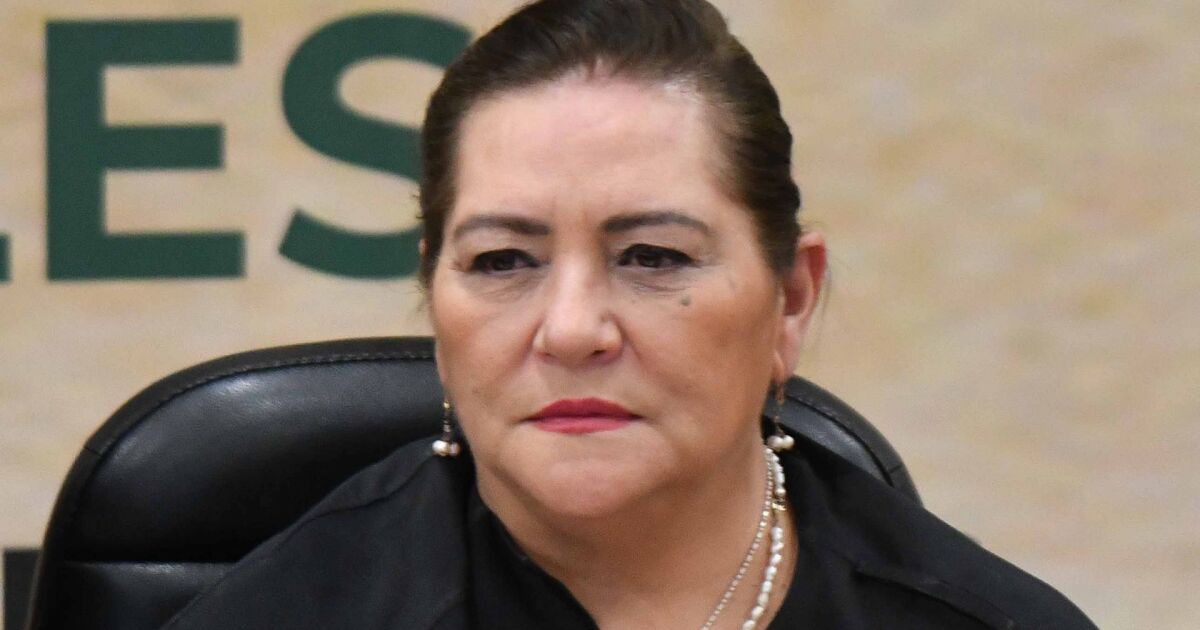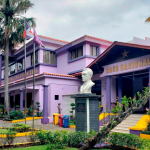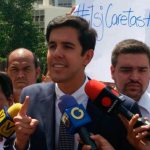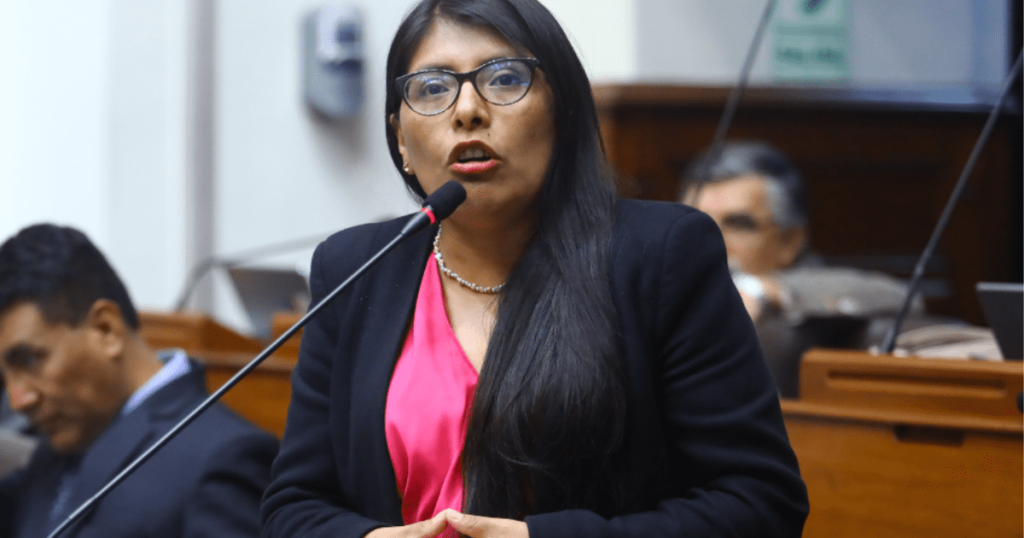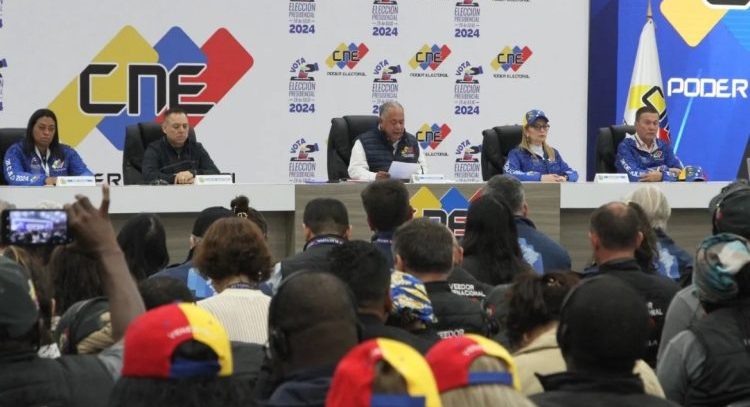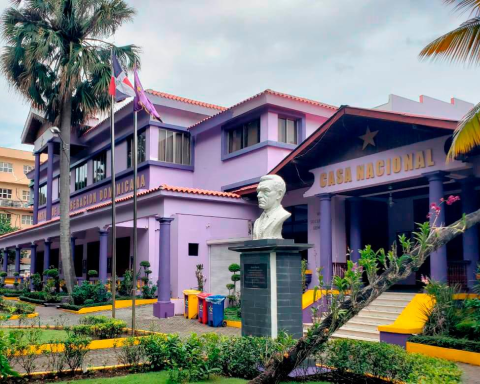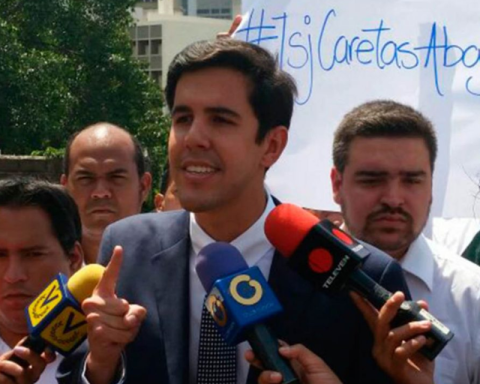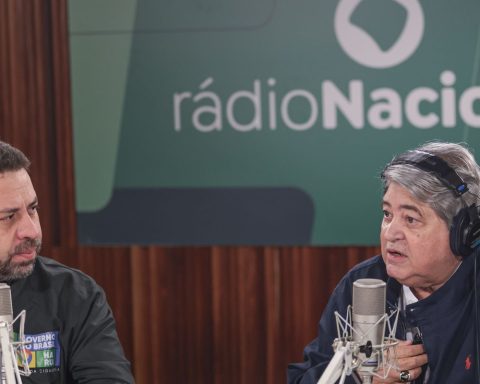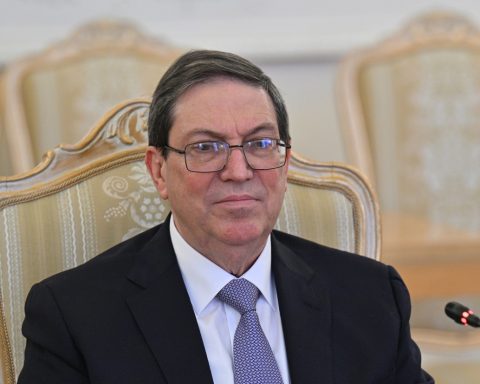In an interview in the Chamber of Deputies after participating in the National Dialogues on the reform of the Judicial Branch, the President of the Council indicated: “We have the section as a reference and the number of voters to be able to start with the calculations. Everything else is added to be able to start with the operational part.”
– “Could it cost the same as a presidential election?” he was asked.
– ”It’s more or less like a presidential election, depending on the number of seats to be elected. Then there’s the whole operational part, field organization,” he said.
The election of members of the Judiciary is the central part of the judicial reform initiative proposed by President Andrés Manuel López Obrador and according to his proposal, the INE would be responsible for organizing this process.
However, the details that Taddei says will impact the cost of a direct, ballot-box election of members of the judiciary have not yet been defined.
Among them, how many positions should be elected, whether only the ministers of the Supreme Court of Justice of the Nation (SCJN) should be elected, whether all or part of the federal judges and magistrates, when and how the local judges and magistrates will be elected, issues that are subject to discussion, have been addressed in the National Dialogues on the reform, and if necessary, must be specified by Congress.
The initiative sent by President López Obrador to the Chamber of Deputies on February 5 establishes that the ministers of the SCJN, circuit magistrates, district judges, and magistrates of the Judicial Disciplinary Tribunal will be elected directly and secretly by the citizens “on the first Sunday of June in the ordinary elections of the corresponding year.”
In the case of the eleven ministers of the SCJN, he proposed that there be 30 candidates on an equal basis, the Executive Branch would propose 10, the Legislative Branch another 10 – five from each Chamber – and the Judicial Branch another ten.
Regarding the 1,633 Circuit magistrates and District judges, the Executive proposed that they be elected from 6 equal candidacies per position.
Taddei today asked federal deputies to allocate a “fair” budget to implement, if approved, the reform to the Judicial Branch in order to ensure that the organization of the elections is of “quality.”
“The budget is not capricious. It has to be fair so that it is of the quality that our citizens require, and the INE should, in case it is approved, start working quickly with the Chamber of Deputies to make precise decisions to bring it to a successful conclusion if it is approved,” he said.
During his participation in the seventh forum of National Dialogues on the Constitutional Reform of the Judiciary, he mentioned that organizing the elections to elect judges and ministers by direct vote does not take a week to implement in an operational manner, so he asked the deputies to grant the INE “sufficient time” to hold the elections.
“If this initiative is approved by this Congress of the Union, it will be a task that will take us more than a week to define all the operational procedures that would have to be carried out and the requirements that we would have to make to make an initial calculation of what is sought, but always tying together the issue of political electoral rights that the INE already protects with the issue of the right of access to justice for citizens from their homes,” he said.
He pointed out that although the INE is an organization specialized in the organization of electoral processes, it is necessary that it has specific elements and conditions to implement the reform of President Andrés Manuel López Obrador, since he mentioned that this proposal does not explain some details, such as whether the application will be gradual or total, since he said that this defines both the number of polling stations and the necessary resources.
“There are still many things to be received in the initiative; we only work with what we know and what has been made public, and those are the situations we find in order to carry out an electoral process. Will it be entirely gradual? It is not even a political question, but rather an operational one, because that defines the number of polling stations, the number of officials per polling station, the places where we will be installing the polling stations and the budget issue, because the budget is not capricious, or whatever we can think of, it is definitely what generates the possibility or not of carrying out a process of this magnitude,” he said.
